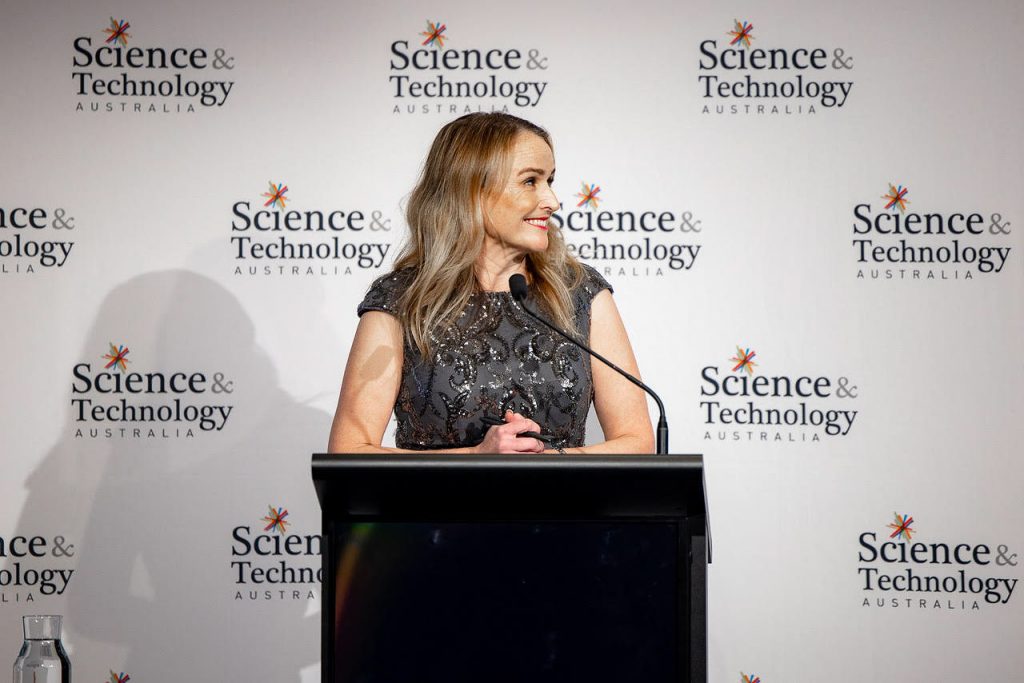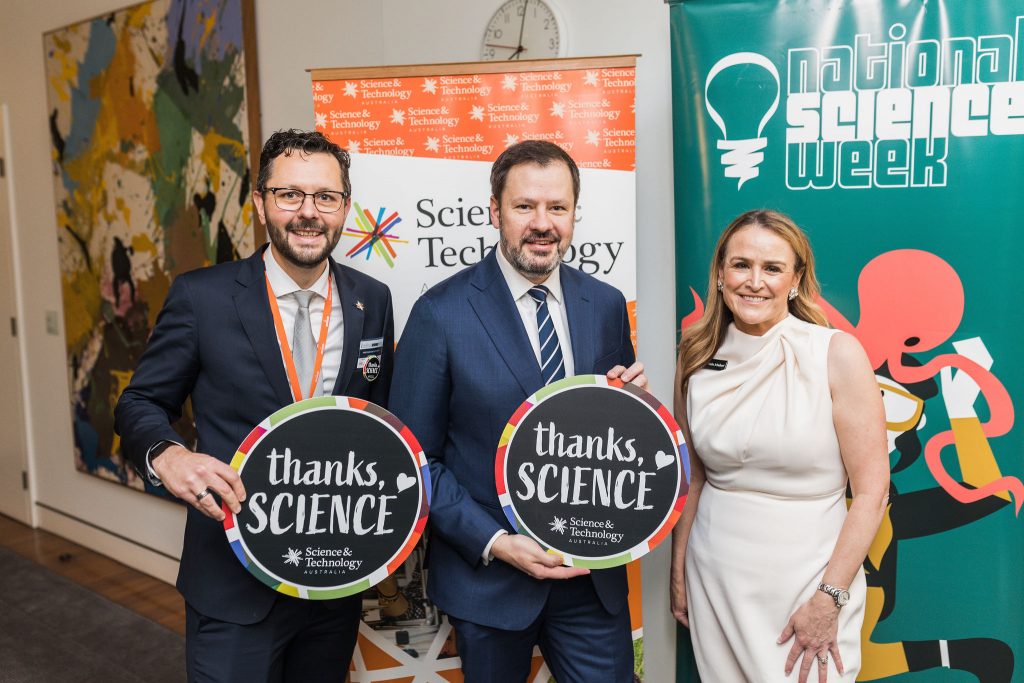Misha Schubert, STA: Why STEM education is for the public good.
Science & Technology Australia’s mission is “to advance the public good and social and community welfare, and strengthen civil society through education, outreach and programmes”. Misha Schubert, CEO, tells us why education is key.
Why is education a key component of Science & Technology Australia’s (STA’s) mission?
Education enables an informed society – a society that can consider complex issues and make rational decisions. And education is a powerful enabler of equity.
An inspiring early foundation in science, technology, engineering and maths concepts can equip young people for a life of curiosity-driven learning. And what a powerful skillset for every aspiring problem-solver to have. When we encourage students to ask ‘why’ or ‘how’ something works the way it does, it encourages them to look around them, explore the world and try to understand it more deeply.
How skilled in maths and science are school students in Australia?
The Organisation for Economic Co-operation and Development’s Programme for International Student Assessment (OECD PISA) tests compare the school performance of 15-year-olds around the developed world every three years. In 2018, it benchmarked Australian students at the OECD average for maths and slightly higher for science. However, compared to past performance, the average test results for an Australian 15-year-old was one full year of schooling behind in maths than where they were in 2003, and almost a year behind in science than where they were in 2006. We need to turn that trend around with a concerted effort.
Why has Australia seen this long-term decline?
Australia is not alone in these challenges – other advanced economies are grappling with these pivotal issues too. One driver is that many students aren’t being taught maths and science by subject matter specialists, particularly so in rural, regional and remote areas. Having an inspiring science and maths teacher with deep knowledge, confidence and skills can be the difference that makes a student excel at STEM subjects.
Why is there a chronic shortage of maths and science teachers in Australia, and how might this be addressed?
Again, this challenge is not unique to Australia – we face a projected shortage of teachers in coming years across the board. A review currently underway has been asked to recommend how to strengthen teacher education at universities and boost the numbers of people graduating from teaching degrees. Science & Technology Australia has also called for a national plan to elevate the status of teaching as a profession and a campaign to dispel the myths around teaching as a career, with a focus on opportunities for career advancement and the chance to become a specialist teacher.
What should a new initiative to inspire school students to grow their skills, knowledge and love of STEM look like?
We think students learn best when they are fully engaged in what they’re learning – when they understand the concept but can also see the application, the relevance and how it affects their lives and the lives of people around them. Science needs to be DONE, not just read about or absorbed through videos and textbooks. The more interactive, engaging and relevant we can make school content taught in science, maths and technology, the better.
How is STA working with the Australian Government?
Since the Australian Federal Election in May 2022, STA has been engaging closely with the new government on issues to support the STEM sector in Australia – one of which is education.
What is your vision for STA?
For STA to be a powerful voice for our sector and its people, reflecting the aspirations of its inspiring, diverse and brilliant talent. That we are the nation’s key connector of people and ideas in STEM, shaping policy settings with deep influence to advance opportunities for Australia and make us a global STEM superpower. That we are a champion and supporting partner of leaders and communities in First Nations science, technology, engineering and maths. And that we lead on equity, inclusion and diversity in all its forms especially to drive gains to improve the underrepresentation of women in STEM, so our nation can reach into its full talent pool – and all our talent can thrive.
Meet Misha

With a master’s in journalism from Columbia University in the US, Misha’s career has evolved from political journalism to communications and now CEO of STA. Starting out as a journalist for The Australian Newspaper, Misha took up the post of CEO in March 2020.
What inspired you to become a journalist?
Insatiable curiosity – and a love of great stories. I’ve always had a drive to understand how things really work, and to understand the story behind the story. Journalism has a crucial role in societies to probe, question, illuminate and inform.
Do you take opportunities as they come, or do you have a clear career goal or life plan in mind?
Like many people with a wide array of professional interests and skills, I haven’t had a set masterplan for my career. I’m a generalist by instinct – I read widely, keep a keen eye on key developments in journalism, policy and politics, and I’m deeply interested in people and what makes them tick. Across my career, I’ve worked hard and sought to excel in each role I’ve had. Happily, that has opened a door to each next opportunity. Friends describe me as a collector and connector of people – it’s a lovely concept. I feel fortunate to have had such stimulating, interesting and enjoyable career opportunities.
How do your journalism skills inform your current position as CEO.
The skills I learned as a young journalist are invaluable for a CEO. That early foundation taught me how to gather and verify reliable expert material quickly on a complex topic, master an understanding to confidently explain it to a general audience, write quickly and synthesise material clearly, and how to build rapport with a wide array of people. My team often observes that I have a journalist’s memory for people, faces, words and phrases – which is a powerful asset in policy advocacy.
What is one thing you know now that wished you had known when you were younger?
That you don’t need to do all the things all the time! In a busy and full life, it’s important to make time to recharge.
STA is Australia’s foremost body in science and technology. Representing more than 90,000 scientists and technologists, it is an influential voice for evidence and expertise in public policy.



